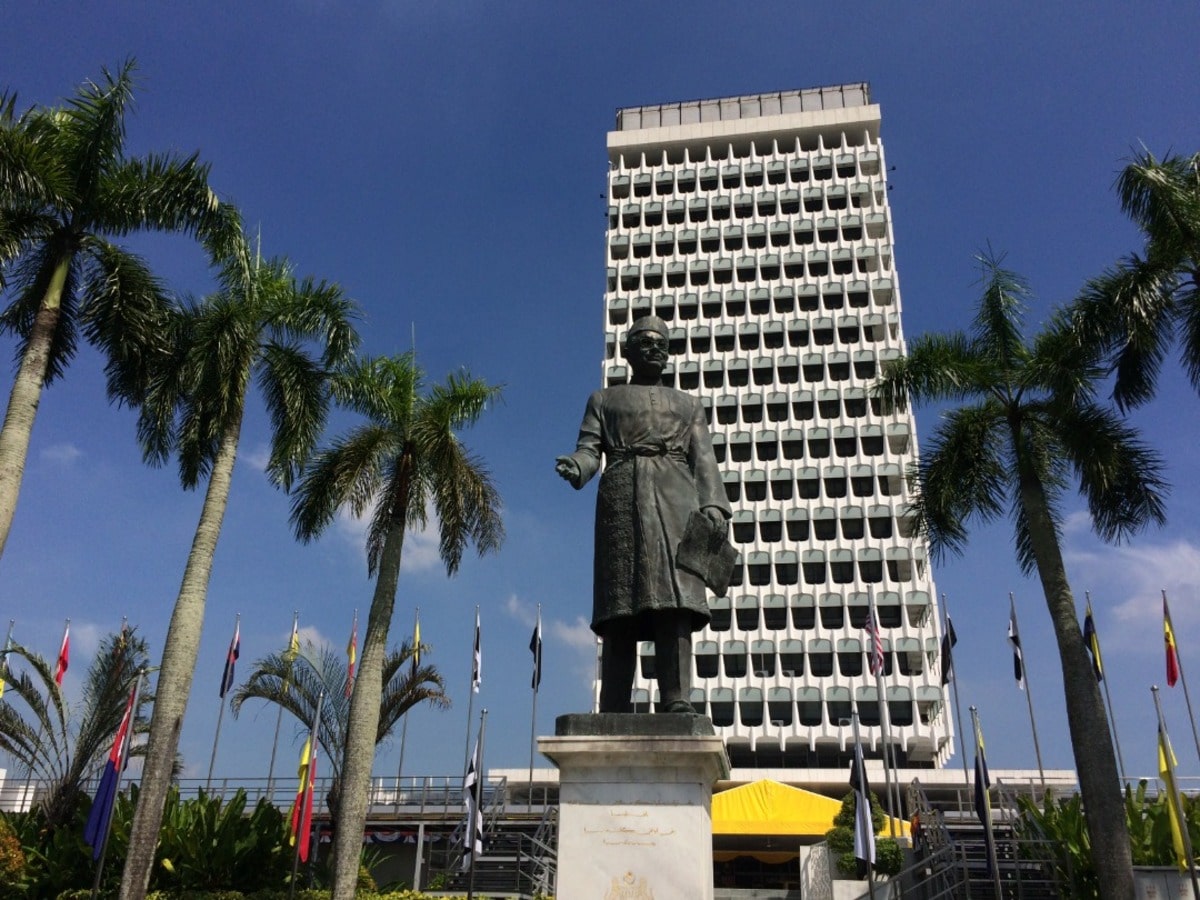KUALA LUMPUR, July 20 – Health Minister Khairy Jamaluddin will likely have trouble pushing his ambitious proposal through Parliament to ban tobacco and vape for future generations, with little support from MPs across the divide.
In a CodeBlue poll carried out since last Monday with 40 MPs from the Opposition and the government backbench in the 220-member Dewan Rakyat, only 12 legislators, or 30 per cent of respondents, said that they would vote for the Tobacco and Smoking Control Bill.
The 12 MPs in favour of the tobacco bill comprise six from PKR: Nurul Izzah Anwar (Permatang Pauh), Dr Wan Azizah Wan Ismail (Pandan), Dr Lee Boon Chye (Gopeng), Nik Nazmi Nik Ahmad (Setiawangsa), Wong Chen (Subang), and Sim Tze Tzin (Bayan Baru); three from Amanah: Dzulkefly Ahmad (Kuala Selangor), Mujahid Yusof Rawa (Parit Buntar), and Mahfuz Omar (Pokok Sena); as well as three Umno backbenchers: Mohamed Nazri Abdul Aziz (Padang Rengas), Mohd Nizar Zakaria (Parit), and Hasan Arifin (Rompin).
Two federal lawmakers openly said they would not vote for the tobacco bill: Kepong MP Lim Lip Eng (DAP) and Selayang MP William Leong Jee Keen (PKR).
A total of 26 MPs (11 DAP, five PKR, one Amanah, one Pejuang, three Umno, one Bersatu, one PAS, one GPS, and two independent lawmakers) reserved their stance on how they would vote, pending publication of the draft bill and a briefing by Khairy for legislators.
Most of these fencesitter MPs, however, appeared to lean towards opposing the tobacco bill in its current form, as they expressed various concerns with the proposed generational ban on tobacco and vape – such as problems with enforcement, illicit trade, the impact on Malaysia’s local vape industry, and personal liberties for the next generation who would not be permitted to buy cigarettes or vape even when they hit middle age.
Not one of a dozen DAP MPs polled by CodeBlue directly expressed support for the Tobacco and Smoking Control Bill. DAP, the biggest party in the Dewan Rakyat with 42 MPs, typically votes on bills as a bloc.
Opposition Leader and PKR president Anwar Ibrahim said he would only vote for the tobacco bill if it was amended to include “mechanisms for effective implementation”.
“There are many issues not resolved. You have to revise it; you don’t bulldoze legislation that has massive impact – rural, Orang Asli – you have to find them, you have to negotiate with them too,” Anwar told CodeBlue briefly when met in Parliament yesterday.
Umno president and Bagan Datuk MP Ahmad Zahid Hamidi simply told CodeBlue when approached in Parliament yesterday: “Let’s just wait and see,” before adding, “I may not even vote.”
DAP national chairman Lim Guan Eng said: “I have to look at the bill first.”
Khairy has yet to table the tobacco bill in the current Dewan Rakyat meeting that ends in less than three weeks on August 4. So far, the only publicly known details about the Tobacco and Smoking Control Bill is that the proposed legislation prohibits the sale of cigarettes, tobacco, and vape to anyone born from January 1, 2005, who would not be permitted to ever (legally) buy such products in their lifetime.
It is unclear what the proposed penalties are for retailers who sell cigarettes, tobacco and vape products to those turning 18 next year or younger, or how teenagers or children aged 18 years and under would be punished for smoking or vaping.
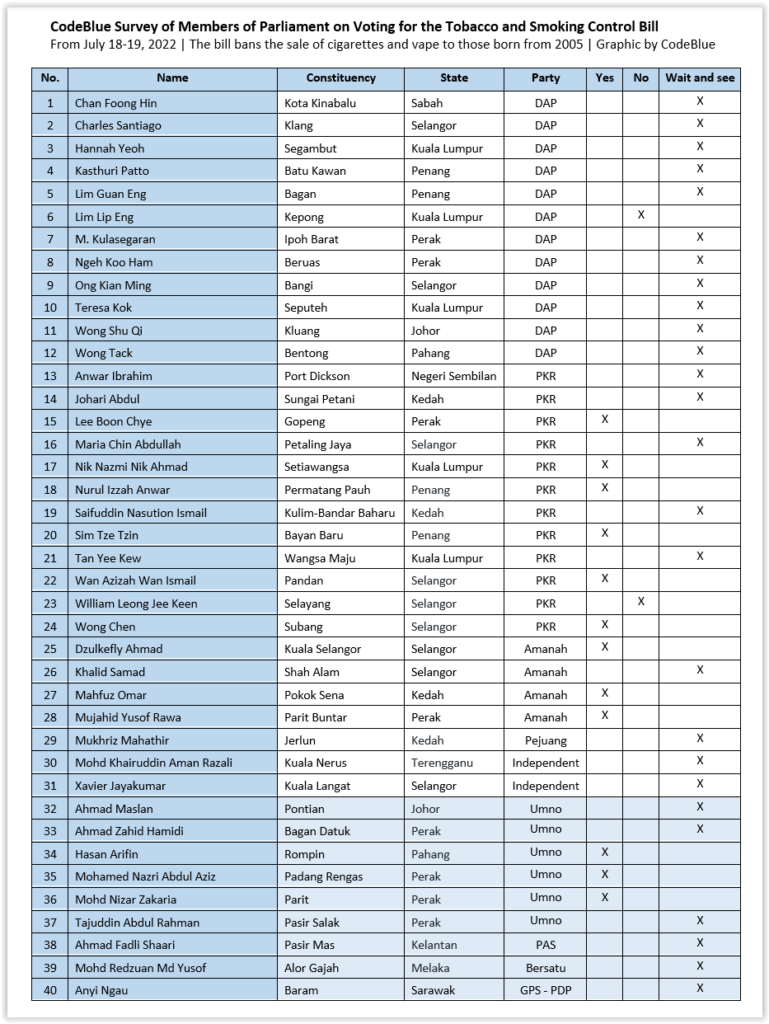
CodeBlue understands that the main contention among DAP lawmakers with the Tobacco and Smoking Control Bill is Khairy’s touted “generation end game” (GEG) to smoking and vaping that he has made the cornerstone of the tobacco control law.
This provision was newly added by the health minister to a piece of legislation – meant to be a standalone principal law instead of continuing to place tobacco control regulations under the Food Act 1983 – that has been 12 years in the making.
“The greatest chance of passing the tobacco bill is to decouple the GEG from it,” Klang MP Charles Santiago from the DAP told CodeBlue.
Outgoing PKR secretary-general Saifuddin Nasution Ismail told CodeBlue that PH’s health committee has suggested inserting a sunset clause into the tobacco bill to enable a review of the generational ban on tobacco and vape after three or five years, as more evidence becomes available.
Prime Minister Ismail Sabri Yaakob’s government has typically passed bills with unanimous support from Pakatan Harapan (PH) – comprising PKR, DAP, Amanah, and Upko – due to a memorandum of understanding (MOU) that is scheduled to end on July 31.
Hence, strong objections from PH lawmakers may force Ismail Sabri’s administration to avoid tabling the Tobacco and Smoking Control Bill altogether, unless the proposed law is amended based on suggestions from the Opposition coalition so that it is passed by the House without needing to call for a bloc vote.
If Ismail Sabri’s government and PH agree to end their bipartisan cooperation on July 31, Khairy is free to table the tobacco bill in the last week of the current Dewan Rakyat meeting from August 1 to 4 and to try to whip up votes across the aisle.
However, without express support from Umno government backbenchers who are not aligned to Ismail Sabri or from DAP, the largest voting bloc in the House, the Tobacco and Smoking Control Bill, in its current form, may fail passage in Parliament.
MPs’ Concerns About Proposed Generational Ban On Tobacco And Vape
Below are comments from selected MPs out of the 40 polled by CodeBlue on the tobacco bill and Khairy’s proposal to ban smoking and vaping for the next generation:
Teresa Kok (Seputeh-DAP)

When we were in government, Lee Boon Chye, because he’s a heart expert, was the one who came up with a ban on smoking. Even in Parliament, we demolished that smoking area. Then after that we were heavily criticised by lots of people.
A lot of people, in the coffee shop…you know, in all the by-elections, this was one of the issues. So, I don’t know how KJ…how is he going to implement this ban of smoking for those born after 2005. I don’t know how he’s going to do that.
And then it’s going to be very difficult to enforce also, you know. Okay, let’s say in the coffee shop, in rural areas, there are old people who smoke. Normally, the teenagers, they also follow right? How are you going to say ‘Oh, I take action against the young one’? Take action against who? The coffee shop? Restaurant owner? It’s very difficult.
How about tourists? So, I think in terms of implementation, it’s going to be very problematic.
You see, I’m against smoking, yes. But I don’t know how the government will implement it. Because I also mingle around with smokers. They ah, tak ada rokok tak boleh wan. And normally their children also will follow them and smoke.
How are you going to implement it? Who will be the enforcement officer? When you say things like you’re not allowed to smoke in an aircon room, okay, people understand. But when you’re talking about this room, old one can smoke, others cannot smoke – how are you going to enforce?
I think all of us, our stand should be we are not in favour of smoking but, in a way, you know this is a free world. Even though there is a fatwa against smoking, they still smoke. Even our MPs also smoke.
Ngeh Koo Ham (Beruas-DAP)
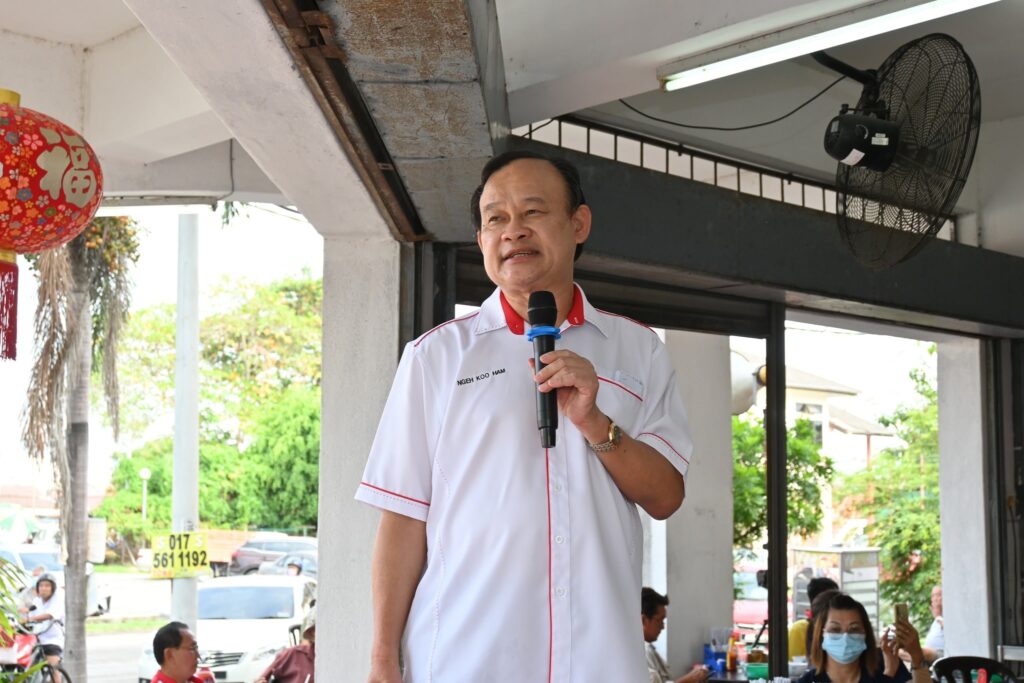
You know in law, what you call implementation, unless you can implement it effectively, there will be disdain of the law passed, just like cigarettes now. It’s well known that illegal cigarettes are all around the country.
In this aspect about health, it’s called a jurisprudential aspect – something which we call in law, mala in se, an act that is wrong morally and innately wrong, like rape, killing etc. We can ban it. But those like what we call in law – mala prohibita cases – it’s not a crime against others, but you want to regulate it.
When you pass a law, it must not have too heavy a penalty, otherwise you’ll create other problems. If you have a very heavy penalty, people are so frightened that they’ll bribe their way; it’ll encourage corruption, when it’s not immoral or in itself wrong.
Just like cigarettes – you can discourage smoking, but you encourage smuggling. Coming to this smoking, if we are going to ban it, will it solve the problem? Such laws – mala prohibita cases – it’s to educate. Discouraging people will be more effective than criminalising it. If you want to criminalise it, you have to make sure that you can implement it properly and not create further problems. So that aspect is the one that we’re struggling with.
I agree totally – on health reasons, we support – but it may boomerang back and cause more ills.
With the proposal on – don’t advertise it or put it on the shelves – officers cannot see the cigarettes if they are genuine or smuggled. You say, cannot exhibit, all the more they cannot check whether they’re illegal or not, so it encourages illegal sales.
Other aspects – there can be abuses. The fact that you have such a law, even though I’m 50 years old, this officer insists on seeing my IC. Now, I can smoke (though I don’t smoke). People can come and ask and insist to see my IC to see whether I’m entitled to smoke. So that is encroachment of privacy.
I hope people won’t accuse us of not supporting a health campaign. I’m in full support; I don’t smoke. I’m in full support of reducing smoking, but it looks like the government has failed all this while, even with very high taxes, it doesn’t prohibit smoking. So the inclination to leisure or to ‘sin’, it’s human nature. Some of this cannot be governed by law; it may not be successful.
I know people who work in rubber tapping that smoke to ward off mosquitoes. Are you going to fine them? The future generations will become adults – they will still smoke for whatever reason.
The bill combines both vaping and cigarettes. There is a proposal to divide the two because the issue is quite different. There are those in the industry of vaping, they say current vaping is no longer that dangerous. Instead of banning it, why don’t you allow people to try something that is not as harmful as cigarettes? Just like drugs, morphine, the government gives methadone as harm reduction. So you cannot lump everything together.
How much should the government interfere in our private life? Today, you say no smoking. The next day, you say no drinking. The next day, you should cover your aurat, cover your hair. My lawyer friend with a knee-length skirt was not allowed into a government department. Who imposes a moral or health value on an individual?
If, out of frustration or unhappiness, I smoke a bit of cigarettes to smoke away my trouble. Here the government comes; instead of counselling me, it punishes me again.
Young people will then – you say cannot smoke – it will create secret smoking. When something is secret, you don’t know what experiment they’ll try. They’ll probably put in something toxic, which we can’t control. But if there’s openness in the sale of cigarettes and vaping, the government can decide the content of nicotine or what can be sold.
When we say no, it doesn’t mean we’re in support of cigarette smoking; it’s because we see other harms when it’s criminalised.
Maria Chin Abdullah (Petaling Jaya-PKR)
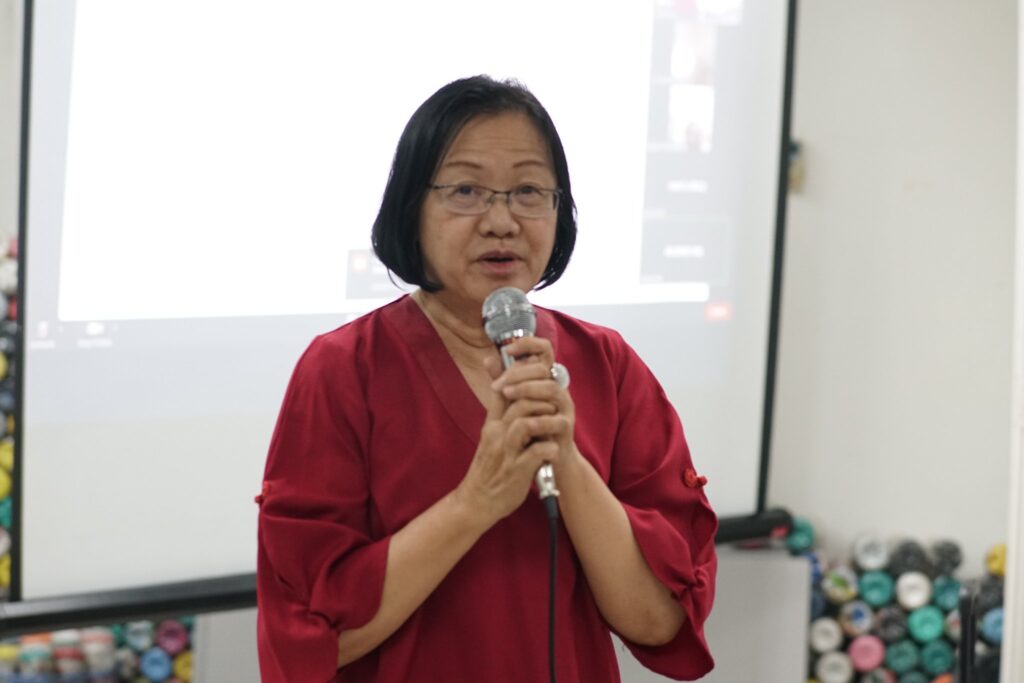
I am against smoking – that’s for sure – but I do not agree with imposing fines or even jail terms to suppress smoking. This kind of approach seems populist and takes shortcuts.
For smokers or potential smokers to buy in, the government has to review its own monitoring and implementation processes. If they are weak, even with banning, it will not work.
- The elephant in the room is not resolved, i.e. entry of illegal cheap cigarettes and tobacco. Our Customs have failed to control our borders. Period. Banning does not even mention the illegal entry of cigarettes and tobacco, which is a very lucrative business.
- I don’t see how the youth/ new generation will stop smoking if (1) is not resolved. How will fining retailers help if (1) is not resolved? It will be unfair to retailers who are licensed sellers as opposed to illegal distributors and retailers who get away scot free.
- Persuasive approaches are never tried out as these take time and effort, such as high increases in prices of cigarettes, which at least will stop buying from the middle income. For lower-income, they will get from illegal supplies. The method used during PH’s time – social distance of smokers in all public places seemed to deter public smoking, which is a step towards reduction in smoking.
Johari Abdul (Sungai Petani-PKR; PKR whip)
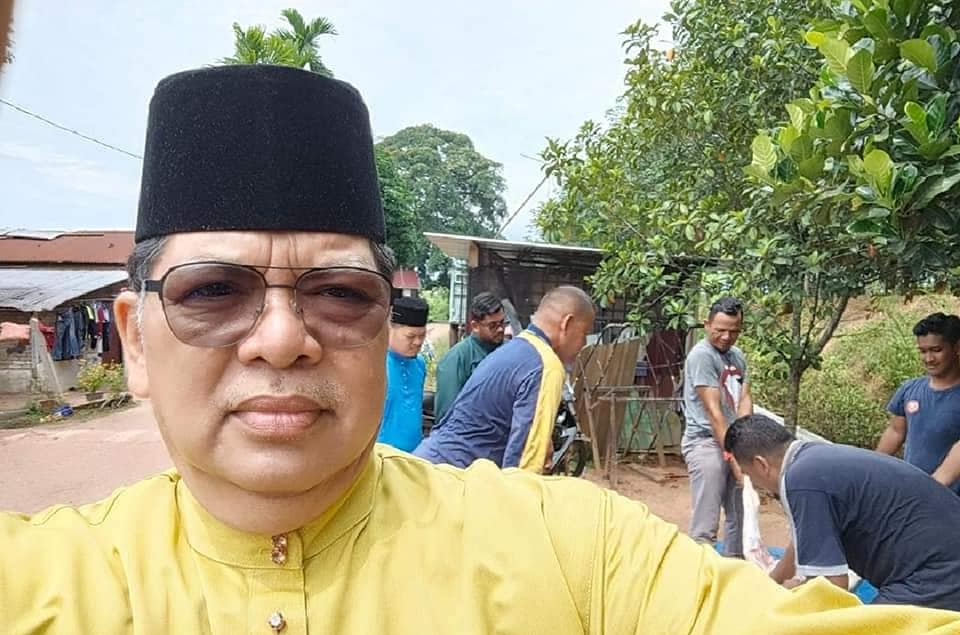
It’s a noble idea, but the issue is practicality – how to enforce it? I don’t want a law enacted, but no one cares about your law and you become a joke. What’s the infrastructure like?
Why age? If you say that it’s a harmful substance, ban it across the board. It’s not like young lungs are attacked, but old lungs are not.
There are three issues: practicality, why is the ban selective, and is there any other option? I support increasing taxes on cigarettes. Raising prices is better than a complete ban.
Mahfuz Omar (Pokok Sena-Amanah)
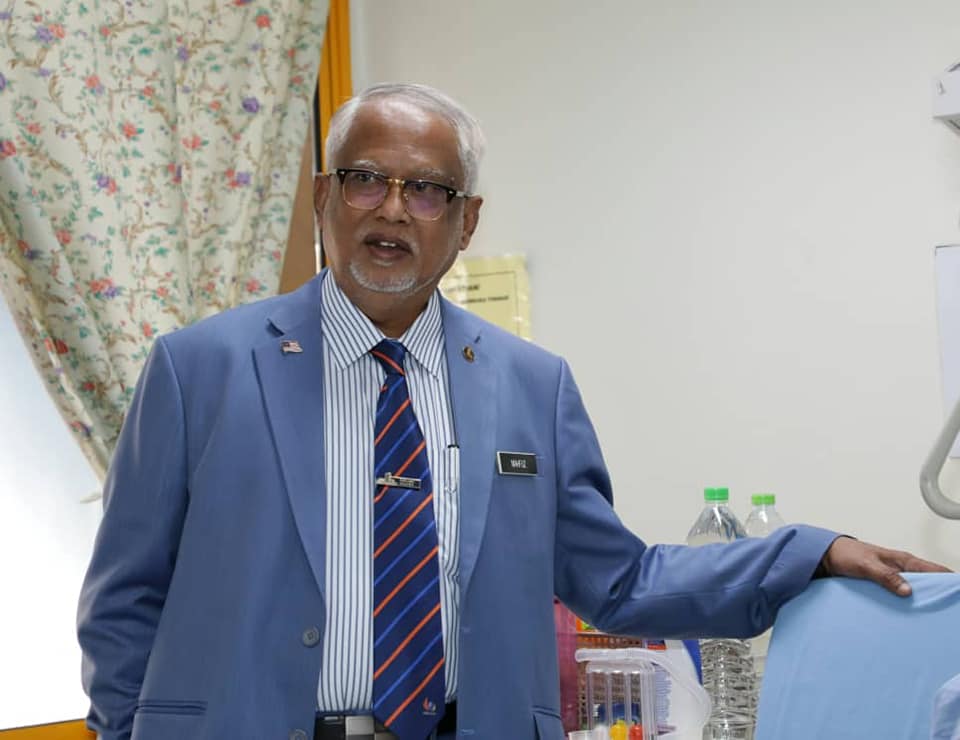
Anything that is good, we will support. But what’s important for me is how it reflects our failure to educate the public that smoking is bad for health. That is the issue.
So, even though we are coming up with a law to ban people born from 2005 onwards from smoking, there’s no stopping from doing it in private.
So, I agree, but what is our solution to issues involving the sale of cigarettes? We don’t have a solution to address cigarette sales, we don’t have solutions to address the manufacturing of cigarette products – to stop them from producing. This has to be taken into account by the government. Or else, people will continue to smoke if they are not educated about it.
Mohamed Nazri Abdul Aziz (Padang Rengas-Umno)

I support any action to try and stop addiction, but you have to look at human rights. You have to check with freedom of movement, how do we reconcile, that’s all.
Can you tell one generation that they’re not supposed to do this? It’s basic human rights — freedom of choice.
How do you do this? You’re banning one whole generation. I support the bill, I’m very supportive of the bill. I know how dangerous tobacco is, but how do you rationalise with freedom of choice?
How do you address this problem? You are saying one whole generation shouldn’t be given the choice to make – whether they want to smoke – how are you going to do it? Like anti-hopping, we amend the Constitution.
This one, do we need to amend the Constitution because it affects freedom of choice? This is the freedom given to every damn Malaysian here – to make a choice. So how do you address that?
If you have to amend the Constitution, then amend it to make an exception — when it comes to smoking, there will be an exception for health reasons or what, that this freedom is not given.
Whatever alien thing you bring into your body, it will surely affect your health. To me, vaping or smoking, it’s just the same. You vape and vape and vape, and you may find a point when it’s saturated, you want to smoke after that. So I support the bill, but how do you address the issue of freedom of choice?
Mohd Nizar Zakaria (Parit-Umno)

We support efforts that are good for health. It’s a step towards being disciplined, although we recognise that cigarettes are deeply embedded in society, from its traditional form right up to the latest devices.
Surely, with this bill, it will in some ways help to reduce the prevalence of smoking in the country because fundamentally, health care is not just about the individual smoker, but the people around us as well.
However, at the same time, there can be other ways to reduce or discourage smoking. For example, we can make certain medicines more available. Even though we can’t get rid of this [smoking] culture completely…if we want to remove it fully, we shouldn’t allow the sale of cigarettes or the entry of such products into the country. Smoking is deeply embedded in our society so we can’t do that.
Maybe some find it discriminating and say it’s their right. However, the main principle here is health care.
Mohd Redzuan Md Yusof (Alor Gajah-Bersatu)
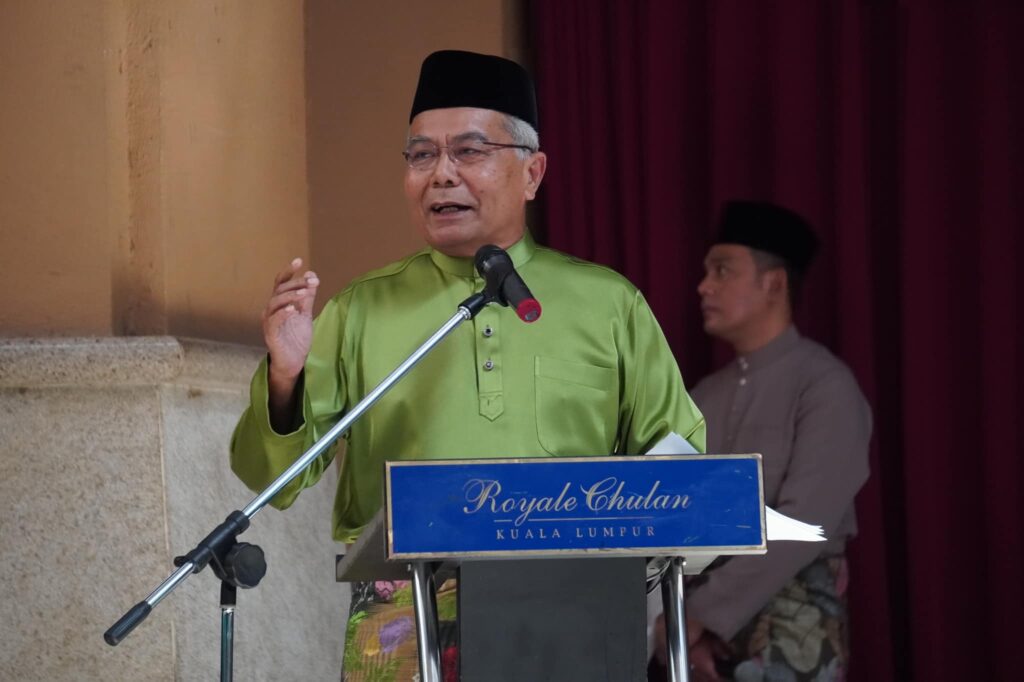
The bill must balance between health care and the economy. Vape is a strategic industry for many economic sectors. We are the country that produces the highest quality e-liquids.
We can’t simply ban without regulating first. Don’t rush to ban vape. Reduce tobacco smoking.
New Zealand took 30 years to reduce smoking in a five-million population. Ours is a 32-million population.
A ban will lead to contraband and illegal activity, and with enforcement in Malaysia, there’s always corruption.
Health PSC’s Recommendations Limited Without Seeing Draft Bill
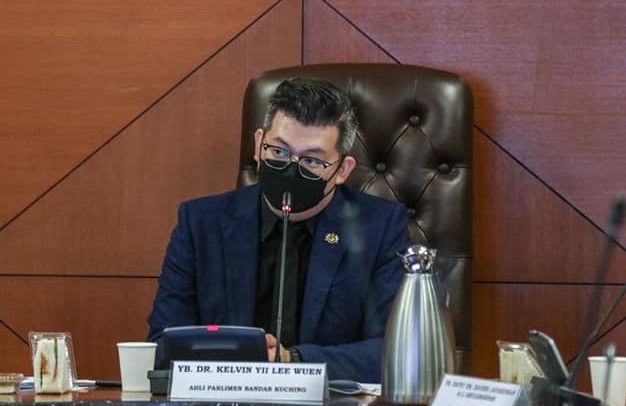
Bandar Kuching MP Dr Kelvin Yii, who chairs the health, science and innovation Dewan Rakyat special select committee, said his bipartisan committee plans to publish its recommendations on the Tobacco and Smoking Control Bill before the proposed law is tabled.
But the committee is unable to produce recommendations in full because it has not yet seen the draft bill, as the Ministry of Health (MOH) has only briefed the committee on the intention of the proposed legislation without disclosing the exact wording of the bill.
“However, we are finding a middle ground to ensure that the principle of the bill, which intends to reduce the prevalence of smoking in the community, especially our young people, is upheld without any unwanted or unintended consequences,” Dr Yii told CodeBlue.
“After engaging all stakeholders, their concerns as well as their inputs have been looked into seriously. We are also looking at any future or new data or emerging science that either supports or proves otherwise the intention of the bill.
“So we are coming up with recommendations as soon as possible. I’m actually hoping to get it done, latest by next week. It depends on Parliament’s procedures.”
Dr Yii, who is also DAP Socialist Youth chief, said the health committee had five to six meetings with non-governmental organisations (NGOs), medical experts, academics, as well as representatives from the tobacco and vape industries to get their views on the tobacco bill.
“The principle of the bill is good. But a good bill without good enforcement is just a nice bill on paper,” he said.
“One of the things we are concerned with is whether this move will push the selling of tobacco products to the black market which is unregulated. Our young people may eventually end up getting products we are unsure of their quality.”


